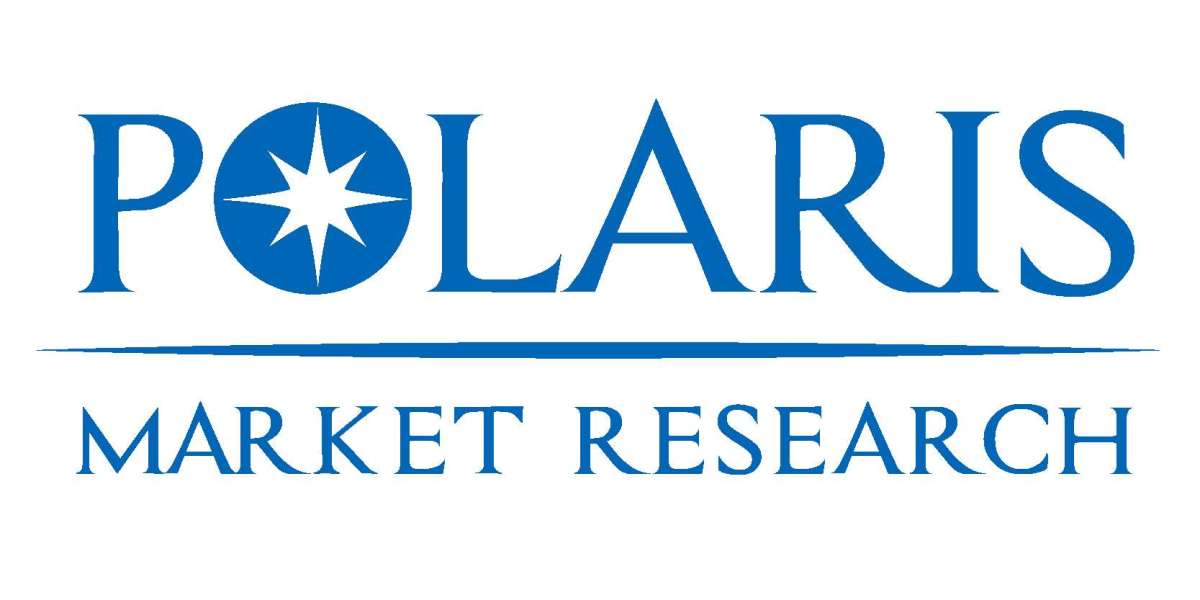Europe Renewable Methanol Market
Market Overview
The Europe renewable methanol market is undergoing a significant transformation, driven by the continent's stringent climate goals, increasing focus on decarbonization, and robust investments in green technologies. Renewable methanol—produced from sustainable sources like biomass, municipal solid waste, and captured carbon dioxide—is emerging as a crucial alternative to conventional fossil fuels.
As Europe intensifies its efforts toward carbon neutrality by 2050, renewable methanol is becoming an integral part of the green energy mix. It serves as a low-carbon fuel option for transportation, power generation, and as a feedstock in various chemical processes.Europe renewable methanol market size was valued at USD 492.40 million in 2023. The market is anticipated to grow from USD 756.76 million in 2024 to USD 23,773.86 million by 2032, exhibiting the CAGR of 53.9% during the forecast period.
Market Segmentation
By Feedstock
Biomass-Based Methanol
Biomass-derived methanol is currently the leading segment in terms of market share. It leverages organic materials such as agricultural residues and wood waste to produce methanol with a significantly reduced carbon footprint. In 2023, this segment accounted for nearly half of the total market.Waste-to-Methanol
This segment is expected to record the fastest growth during the forecast period. With increasing municipal solid waste generation and stricter waste disposal regulations, waste-to-methanol technologies are gaining traction as a dual-benefit solution—tackling both waste management and clean energy production.CO2-Based Methanol
Methanol produced via carbon capture and utilization (CCU) technologies is gaining interest, especially for its potential to directly reduce industrial CO2 emissions.
By Production Technology
Biomass Gasification
This method remains dominant in the market due to its relative maturity and high efficiency. The process converts organic biomass into syngas, which is then transformed into methanol.Direct Air Capture with Green Hydrogen
Emerging as a next-generation method, this technology involves capturing CO2 directly from the air and combining it with hydrogen generated from renewable sources. It is still in developmental stages but shows high potential for scalability.
By Application
Fuel Blending
The largest application segment, renewable methanol is increasingly being blended with gasoline and diesel to reduce emissions. Its use in maritime fuel applications is also expanding due to tightening emissions regulations.Chemical Intermediates
Used as a raw material in the production of formaldehyde, acetic acid, and other chemicals, renewable methanol is becoming more important in the sustainable manufacturing ecosystem.Power Generation
Methanol’s application in fuel cells and power generation is on the rise, especially in off-grid and backup power scenarios.
Key Market Growth Drivers
Stringent Emissions Regulations
The European Union's Green Deal and Fit for 55 initiatives have introduced aggressive emissions reduction targets, which are pushing industries to adopt cleaner fuel alternatives like renewable methanol.Rising Demand for Low-Carbon Fuels
The transportation and maritime sectors, facing increasing pressure to reduce their carbon emissions, are turning to renewable methanol as a viable alternative to conventional fuels.Technological Advancements
Innovations in carbon capture, waste-to-fuel processes, and biomass gasification are significantly improving the efficiency and feasibility of renewable methanol production.Government Incentives and Funding
National and EU-level subsidies, grants, and favorable policy frameworks are accelerating the deployment of renewable methanol projects across Europe.
Market Challenges
High Production Costs
Compared to fossil-based methanol, renewable methanol is still more expensive to produce, primarily due to the high cost of raw materials and newer technologies.Infrastructure Limitations
The lack of widespread distribution and storage infrastructure for methanol-based fuels restricts broader market adoption.Feedstock Supply Volatility
Availability and pricing of biomass and other renewable feedstocks can be inconsistent, affecting production scalability.Regulatory and Certification Barriers
Differing regulations across EU member states and the lack of standardized certification processes can complicate cross-border trade and investment.
Browse Full Insights:https://www.polarismarketresearch.com/industry-analysis/europe-renewable-methanol-market
Regional Analysis
Germany
Germany leads the renewable methanol market in Europe, supported by strong industrial capabilities and a proactive approach to decarbonization. Government-funded pilot projects and private sector investments are fostering rapid development in this space.
United Kingdom
The UK is witnessing accelerated adoption of renewable methanol, especially in maritime fuel applications. With regulatory pressure from both domestic and international frameworks, UK-based companies are investing in commercial-scale production facilities.
Denmark
Denmark is emerging as a hotspot for e-methanol innovation. The country recently inaugurated one of the world’s first commercial e-methanol plants, which uses renewable electricity, green hydrogen, and biogenic CO2 to produce methanol at scale.
Netherlands and Sweden
Both countries are notable for their proactive energy transition policies and are expected to see increased investment in waste-to-methanol and biomass-based methanol technologies.
Key Companies
The Europe renewable methanol market is characterized by a mix of established chemical giants and emerging green technology innovators. Key players include:
BASF SE
A global leader in chemical manufacturing, BASF is investing in renewable methanol as part of its sustainability strategy.Carbon Recycling International (CRI)
Known for its pioneering work in CO2-to-methanol technology, CRI is expanding its footprint in Europe.OCI N.V.
A major producer of methanol and ammonia, OCI is shifting towards green methanol through partnerships and infrastructure development.Södra
A Swedish forestry company, Södra has ventured into renewable methanol production using wood waste as a feedstock.Thyssenkrupp Uhde GmbH
This engineering company is involved in building renewable methanol production plants and advancing related technologies.Nordic Green ApS
Based in Denmark, Nordic Green is focused on scaling up renewable methanol production from biogenic CO2 and renewable hydrogen.
These companies are at the forefront of Europe’s transition to sustainable fuels and chemicals, and their initiatives are expected to set the pace for market development over the coming decade.
Conclusion
The Europe renewable methanol market is on a robust growth trajectory, fueled by environmental policies, technological innovation, and growing demand across multiple sectors. As the region intensifies its efforts toward climate neutrality, renewable methanol is proving to be a pivotal component of the future energy landscape.
Investments in production infrastructure, standardization of regulations, and ongoing research into cost-effective technologies will further unlock the potential of this market. Companies that align themselves with sustainability goals and invest early in this transformative space are likely to lead the next phase of Europe’s green energy revolution.
Antimicrobial Additives Market
Lactic And Poly Lactic Acid Market
Colombia Tire Recycling Market
U.S. Rigid Thermoform Plastic Packaging Market
Paper and Paperboard Packaging Market
Myeloproliferative Disorders Treatment Market








